The government has announced the injection of K16.8 billion into the economy to support developmental programs and public service delivery.
Of this total, K4.1 billion was allocated to the public service wage bill, K4.3 billion was used for debt service and arrears, and K5.6 billion was directed towards transfers, subsidies, and social benefits.
An additional K1.8 billion was allocated for various programs and general operations, while K968.1 million was spent on capital expenditure.
In its commitment to debt reduction, the government allocated K4.3 billion to service debts, with K3.1 billion going towards domestic debt, K321.1 million for external debt, and K883.8 million for clearing arrears.
The Treasury released K5.6 billion for transfers and subsidies, with key expenditures including K494.4 million for grants to schools supporting free education, K358.9 million for hospital operations and Grant-Aided Institutions, and K241.5 million to the Local Government Equalization Fund.
Furthermore, K209.1 million was provided as a grant to the Zambia Revenue Authority (ZRA) to support operations and resource mobilization, while K145.4 million was allocated for university operations and student loans, and K100 million for the Food Security Pack.
The Farmer Input Support Programme (FISP) received K2.4 billion, and K1.7 billion was allocated to the Food Reserve Agency (FRA).
For capital expenditures, K968.1 million was released, including K381 million for road infrastructure, K345 million for medical equipment and infrastructure, and K122.5 million for school infrastructure projects.
K4.1 billion was spent on the public service wage bill, covering various sectors including health, education, and allowances for Zambian diplomats abroad.
Reflecting on the releases, Finance and National Planning Minister, Dr. Situmbeko Musokotwane, highlighted the consistent flow of funds as evidence of policy effectiveness, despite challenges such as poverty, drought, and electricity disruptions.
Musokotwane emphasized that the government’s medium-term focus would be on scaling up private sector investments, particularly in agriculture, tourism, manufacturing, mining, energy, and the green economy.
He also noted that modern technology and social protection interventions will be prioritized to drive economic growth and build resilience.
“The consistent flow of funds from the Treasury to other Ministries and Spending Agencies for developmental programmes and uninterrupted public service delivery, is a sign of policy effectiveness and consistency,” Musokotwane said.
He further said: “Strengthening partnerships with local players, the Government aims to attract foreign direct investment to drive innovation, boost productivity, and generate sustainable jobs and ensure that the investments align with our national development goals and contribute to long-term prosperity.”
WARNING! All rights reserved. This material, and other digital content on this website, may not be reproduced, published, broadcast, rewritten or redistributed in whole or in part without prior express permission from ZAMBIA MONITOR.


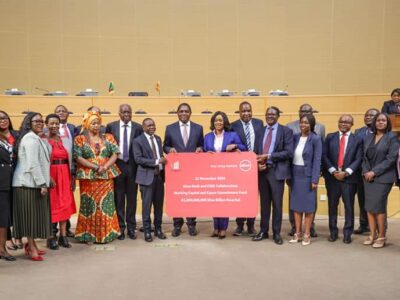
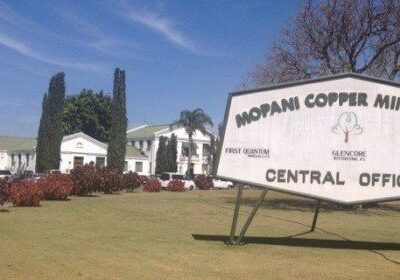
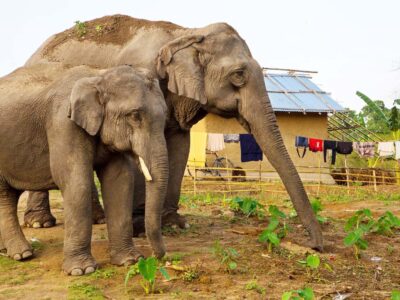
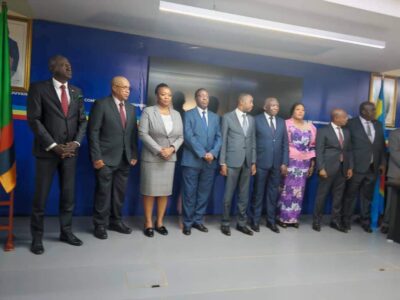
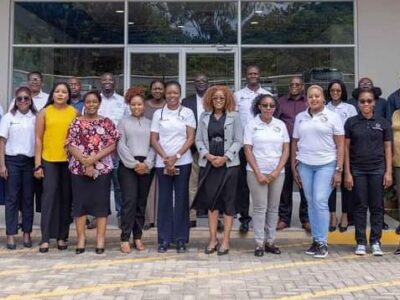
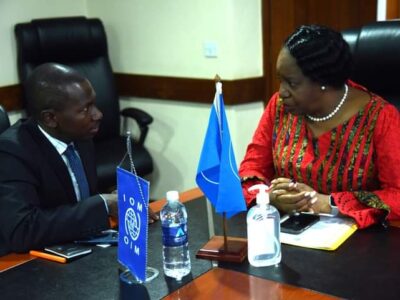


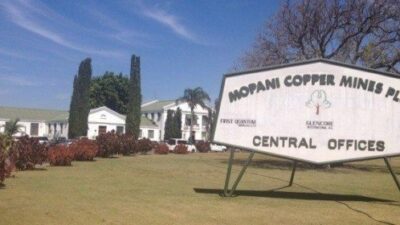

Comments